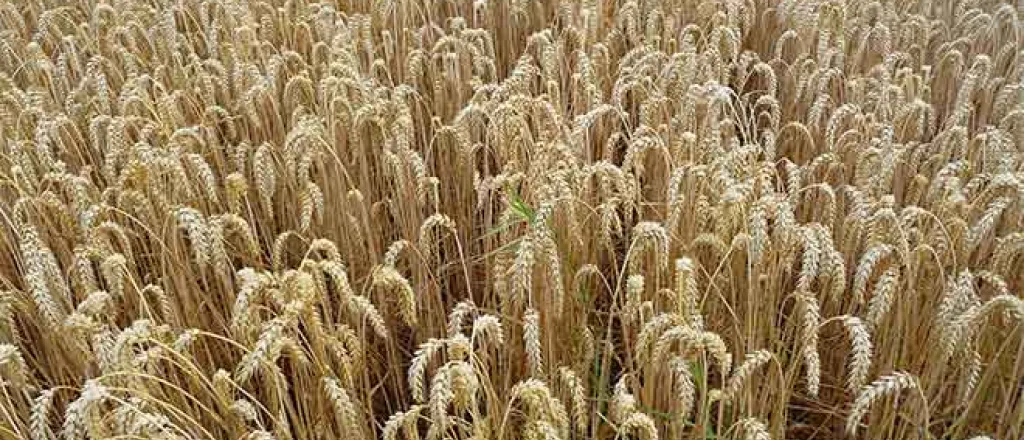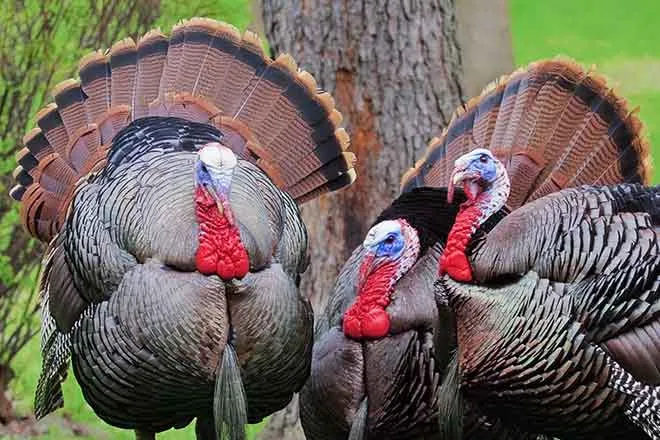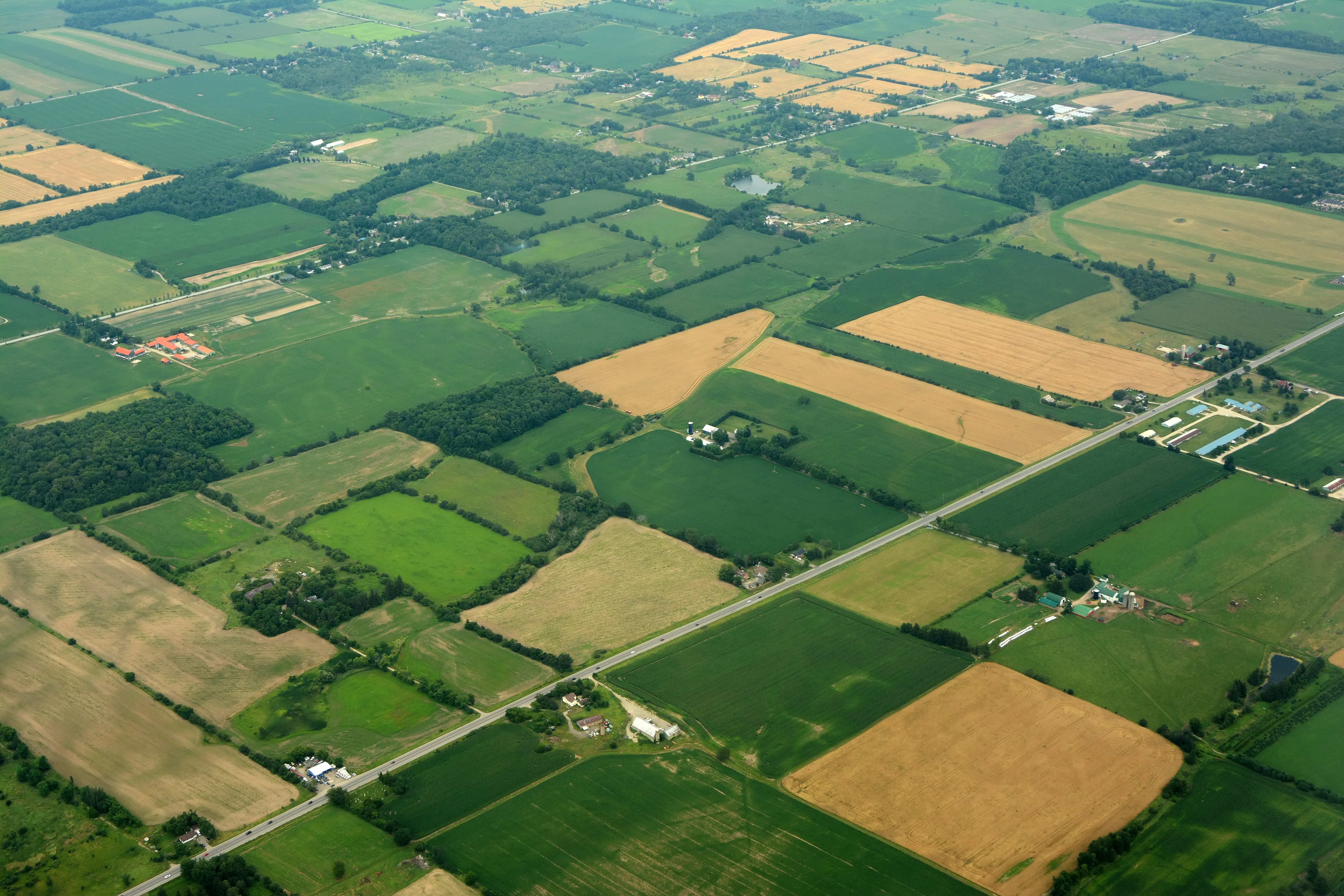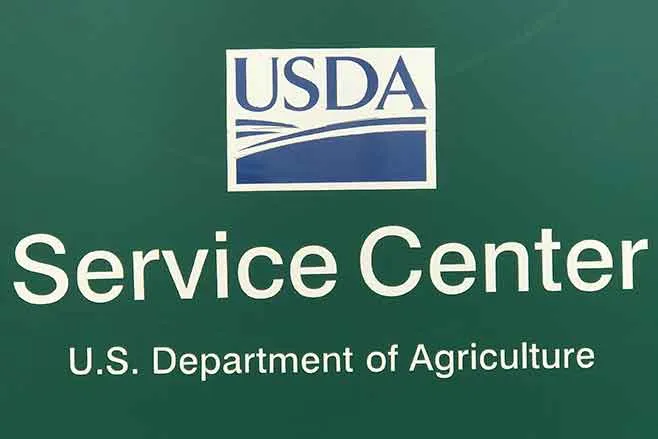
USDA Awards $300K to CSU for Safer, More Effective Pest Management
The U.S. Department of Agriculture (USDA) National Institute of Food and Agriculture (NIFA) today awarded $9.4 million to support 25 research and outreach projects that will help mitigate pests, weeds and diseases on farms and in communities. The awards are made through NIFA's Crop Protection and Pest Management Program (CPPM) and Integrated Pest Management (IPM) program which have awarded more than $64.5 million since 2014.
"NIFA is making investments to ensure America's agriculture sector is able to rely on sound scientific approaches to increase production and ensure continued food security in the face of the many challenges including arthropod, weed and disease pests," said NIFA Director Sonny Ramaswamy. "The Crop Protection and Pest Management Program has a history of developing new tools, best management practices and strategies for healthy crop systems while supporting communities with effective, affordable and environmentally sound solutions that reduce potential health risks."
Using a grant announced today, a University of Minnesota research team will scout for soybean pests using unmanned aerial vehicles to read light waves reflected off the soybean foliage. A North Carolina State University team will develop practices to improve growth and survival of urban trees. Pennsylvania State University will use a grant to adapt novel nanotube technology to make it possible to diagnose pest infections early and protect crops. Washington State University will develop integrated pest management strategies for the rapidly expanding U.S. hops industry.
NIFA's CPPM and IPM investments are made through several programs. The Applied Research and Development Program Area (ARDP), which invests in high priority pest management projects that encourage adoption and implementation of new IPM technologies. The Promoting IPM in Affordable Housing grant provides IPM technical assistance services and training sessions to public housing authorities and other housing providers. The Methyl Bromide Transition (MBT) program helps to discover and implement practical and environmentally friendly pest management alternatives to transition from this older pesticide. The National Plant Diagnostic Network (NPDN) is a nationwide group of diagnostic laboratories that collaborate on early detection, identification and reporting of plant disease pathogens, especially those that may be biosecurity risks.
2016 ARDP recipients include:
- Colorado State University, Fort Collins, Colo., $324,517
- University of Georgia, Athens, Ga., $324,615
- Regents of the University of Minnesota, St. Paul, Minn., $324,880
- Montana State University, Bozeman, Mont., $325,000
- Cornell University, Ithaca, N.Y., $324,856
- Cornell University, Ithaca, N.Y., $189,273
- North Carolina State University, Raleigh, N.C., $324,979
- North Carolina State University, Raleigh, N.C., $199,590
- Oregon State University, Corvallis, Ore., $215,460
- Pennsylvania State University, State College, Penn., $325,000
- Texas A&M AgriLife Research, College Station, Texas, $289,281
- University of Vermont and State Agricultural College, Burlington, Vt., $324,560
- Washington State University, Pullman, Wash., $324,983
- Washington State University, Pullman, Wash., $323,491
Project details can be found on the NIFA website.
2016 Promoting IPM in Affordable Housing recipient is:
- Cornell University, Ithaca, N.Y., $363,636
Project details can be found on the NIFA website.
2016 Methyl Bromide Transition recipients include:
- The Regents of the University of California, Santa Cruz, Calif., $497,965
- University of Florida, Gainesville, Fla., $472,506
- Kansas State University, Manhattan, Kan., $499,999
- Michigan State University, East Lansing, Mich., $418,313
Project details can be found on the NIFA website.
2016 National Plant Diagnostic Network recipients include:
- University of California, Davis, Calif., $539,983
- University of Florida, Gainesville, Fla., $539,983
- Purdue University, West Lafayette, Ind., $207,135
- Kansas State University, Manhattan, Kan., $539,983
- Michigan State University, East Lansing, Mich. $587,543
- Cornell University, Ithaca, N.Y., $616,033
Project details can be found on the NIFA website.
Since 2009, USDA has invested $19 billion in research both intramural and extramural. During that time, research conducted by USDA scientists has resulted in 883 patent applications filed, 405 patents issued and 1,151 new inventions disclosures covering a wide range of topics and discoveries. To learn more about how USDA supports cutting edge science and innovation, visit the USDA Medium chapter Food and Ag Science Will Shape Our Future.
NIFA invests in and advances innovative and transformative research, education, and extension to solve societal challenges and ensure the long-term viability of agriculture. NIFA support for the best and brightest scientists and extension personnel have resulted in user-inspired, groundbreaking discoveries that are combating childhood obesity, improving and sustaining rural economic growth, addressing water availability issues, increasing food production, finding new sources of energy, mitigating climate variability and ensuring food safety.
To learn more about NIFA's impact on agricultural science, visit www.nifa.usda.gov/impacts, sign up for email updates, or follow us on Twitter @usda_NIFA, #NIFAimpacts













